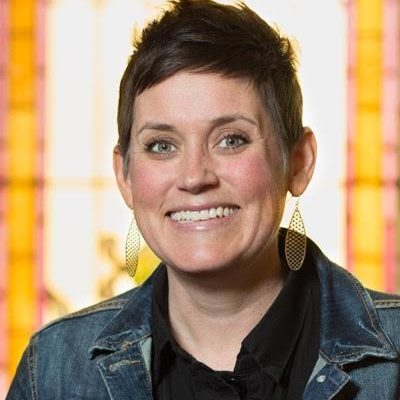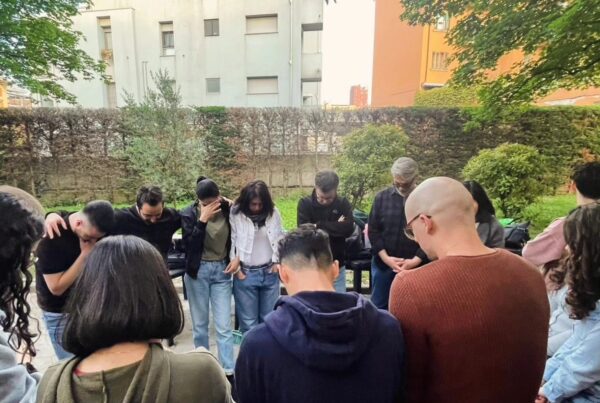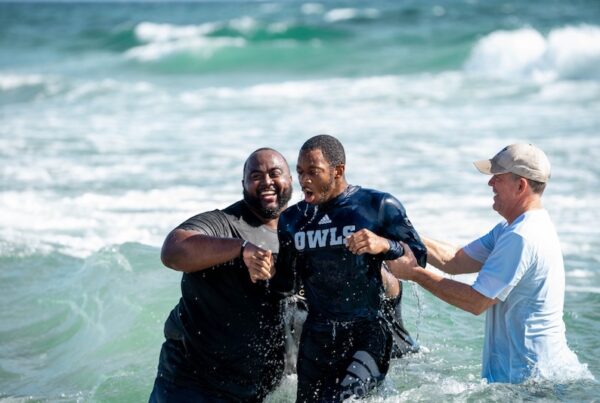When we planted our church, I was naive and unsuspecting about the future. All the pitfalls and challenges of church planting I’d heard about seemed distant and unlikely—surely our story would be different. I assumed we would somehow be spared many of these trials.
We’re now more than a decade past planting. I tell new church planters that they can simply hear our story if they need encouragement; it’s sure to make them feel better about themselves! We were the worst church planters ever. We had, quite possibly, one of the worst launches in history to date. We didn’t do the right things. We weren’t prepared as we ought to have been. There’s been a lot of struggle and hurt through these years. And yet, God has been faithful.
A Rough Start
The week of our launch, our entire core group—except one family and one single woman—decided they did not want to commit to the church and backed out. Our infant son began having seizures that same week and was diagnosed with an often-fatal pediatric seizure disorder. Our first Sunday service was us, plus that one family and one single lady. I awkwardly cried my way through leading worship. My husband preached to all eight of us in the room. Looking back, we can laugh about that Sunday. But at the time, we were confused and scared.
We felt abandoned. We were unsure if our son would survive, uncertain if we clearly understood the calling to plant a church. We’d moved our family to a new state where we knew no one. We thought we sensed a clear call from the Lord to plant—we’d been affirmed and sent by our church and by Acts 29—yet I felt confused. Had we discerned this calling correctly? Despite the promises of God’s Word that we will have trouble in this life (John 16:33), I found myself asking, Is it really supposed to be this hard? I felt that most people didn’t understand the struggles we endured, but other pastors’ wives understood and had empathy. Click To Tweet
The Lifeline of Camaraderie
Now, 12 years later, I can see how the Lord grew us. He used that time of hurt and isolation to bring forth a crown of beauty from ashes (Isa. 61:3). While there’s a lot more to our story, one of the things that helped me endure those painful years was connecting with other Acts 29 wives in our region. I felt that most people didn’t understand the struggles we endured, but other pastors’ wives understood and had empathy. They shared gospel words of life and wisdom gleaned from their own experiences. These women were a balm for my tender, battle-weary soul, and their investment in my life—even though it was only a couple of times a year—may very well be one of the reasons why I remain faithful in ministry today.
So much of learning to grieve and endure is finding a space in which we feel understood. The camaraderie with these women gave me exactly that. Even as they fought their own battles, they intimately understood what we faced.
Sisters in Arms
There are unique trials that come with being a pastor’s wife and unique challenges that can make relationships within the church hard. One piece of church planting I didn’t previously understand is this: though the husband may carry the burden of the church, there is not one aspect of the wife’s life left untouched by that calling. The place where she worships, the people she has in her home, her husband’s time, the friends in her circle, the friends available to her children, the groups in which she serves, and at times, the place where they plant roots all center around the call to plant a church. Her husband’s call touches every single aspect of her life. This can leave a wife feeling isolated, invisible, and pained. These women were a balm for my tender, battle-weary soul, and their investment in my life may very well be one of the reasons why I remain faithful in ministry today. Click To Tweet
Acts 29 has taken significant strides in acknowledging these unique challenges and has created a support network for lead pastors’ wives. I’m grateful for this support. During the seasons when I wasn’t sure if I could endure—when the hurt felt too heavy, when I wanted to shut people out to protect my own heart, and when relationships in the church felt tricky and confusing—the women in my region buoyed my courage to keep standing.
It’s given me much strength to have a group of women who, though so different from me, intimately understand the fires I’ve endured. While friendships within my church body are crucial for my heart and health, extra layers of support from these women offered added care when I needed it most. Who knows—if you’re a pastor’s wife connecting with women in your region, maybe a decade down the road, you, too, will look back and see how the women God brought into your life through Acts 29 helped you endure.










